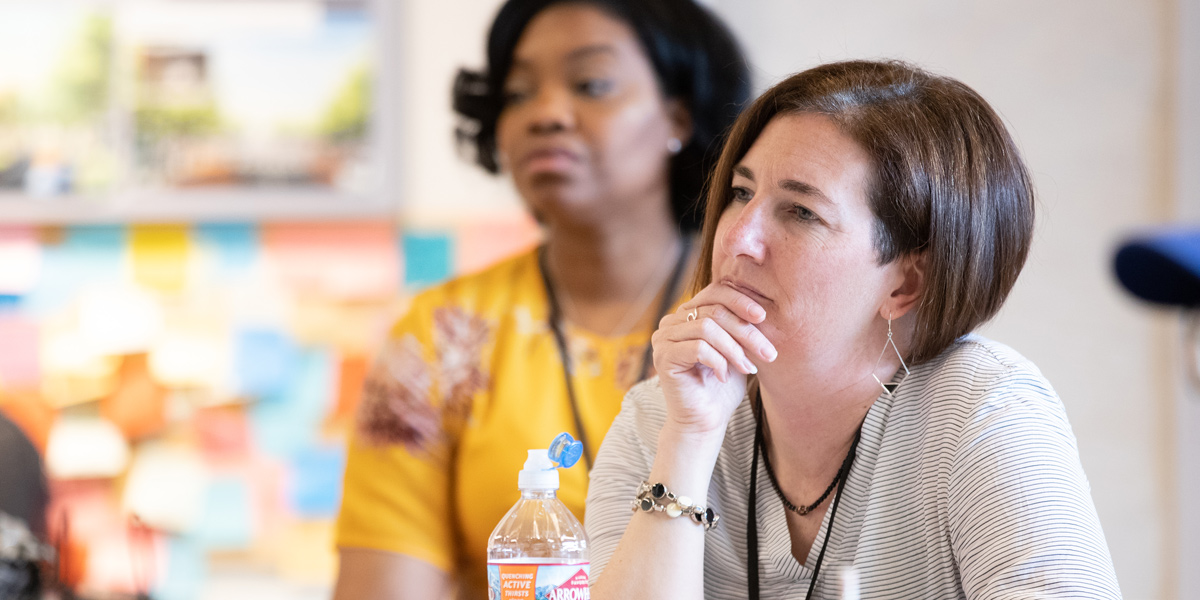Opportunities to listen and learn are vital to guiding how we work, and they keep us flexible and willing to pivot when needed.



Opportunities to listen and learn are vital to guiding how we work, and they keep us flexible and willing to pivot when needed.

